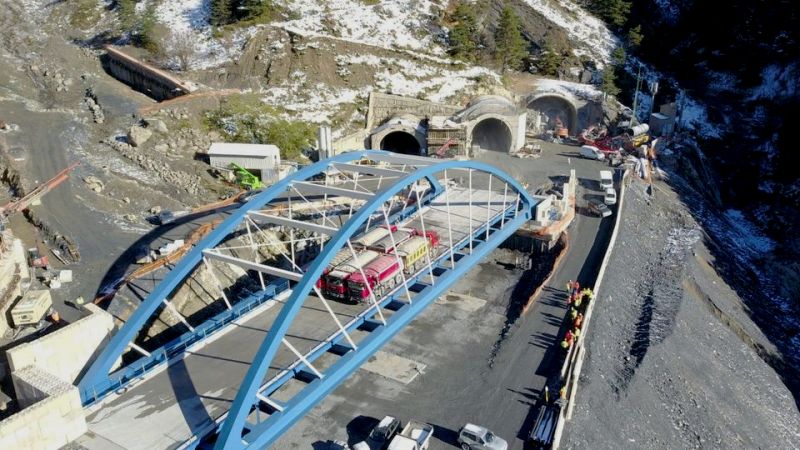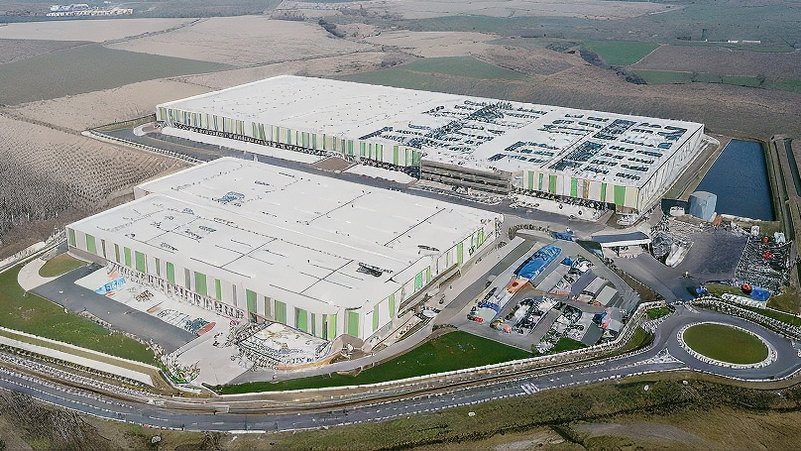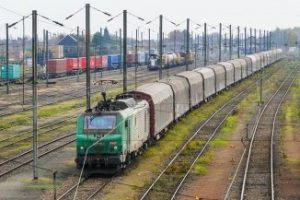Switzerland takes a major step forward in integrating renewable energy with the approval of the first removable solar power installation on a railway line. The innovative technology, developed by Swiss start-up Sun-ways, will be tested on a short stretch of one hundred meters along the Neuchâtel railway line, in the canton of the same name. The goal is to verify the feasibility of a system that uses the unused space between railway tracks to generate solar power without interfering with rail traffic or network maintenance.
The pilot project includes the installation of an 18 kW photovoltaic system, consisting of 48 solar panels of 380 W each. These panels, placed along a section of the railway operated by the public company transN, will feed electricity into the local grid, thanks to collaboration with energy provider Viteos and DG-Rail, a company specializing in railway electrical systems.
The technology developed by Sun-ways offers several innovative features. The solar panels can be installed manually or with a specialized machine developed by Scheuchzer, capable of installing up to a thousand square meters of solar modules per day. Moreover, the removable nature of the panels allows for railway maintenance work without dismantling the system, ensuring the operational continuity of the railway line.
The total cost of the project is estimated at approximately €621,800 and represents a first step towards more efficient use of railway space for renewable energy production. This initiative fits into a broader context of debate on solar installations in the Alps, offering an alternative solution that does not require new surfaces but instead utilizes existing ones.
The project initially faced some challenges. In the summer of 2023, the Federal Office of Transport rejected the proposal due to a lack of technical references for the new technology. However, Sun-ways received support from industrial partners and two mechanical engineering professors from the Haute Ecole d'Ingénierie et de Gestion du Canton de Vaud, who conducted an independent evaluation of the prototypes. Subsequently, Swiss company Geste Engineering carried out a technical and safety analysis, confirming that the system meets all the safety standards required by the Federal Office of Transport.
The authorization granted by the Federal Office of Transport includes certain technical conditions, such as the obligation to conduct additional tests and measurements during the pilot project's operational period to ensure that the railway infrastructure does not experience any negative effects.



































































